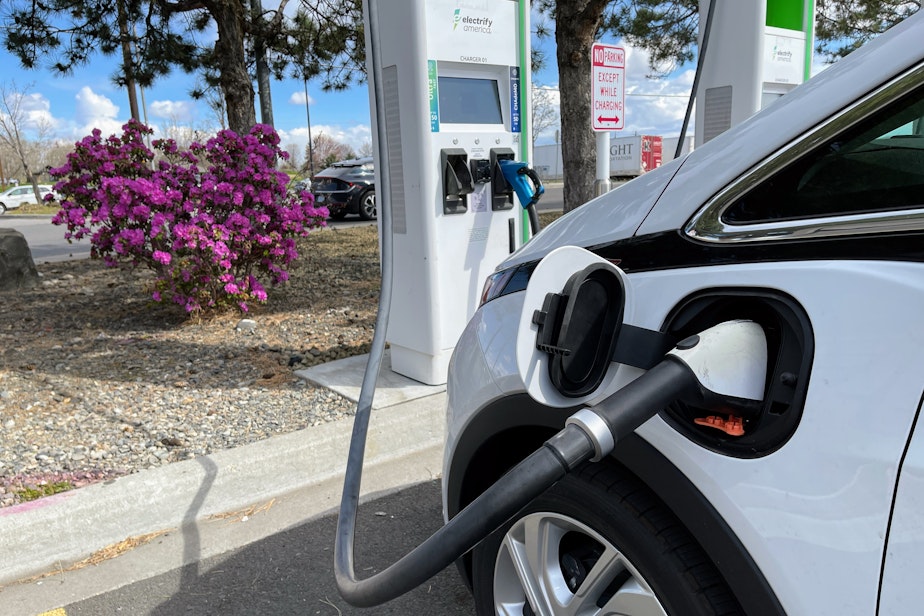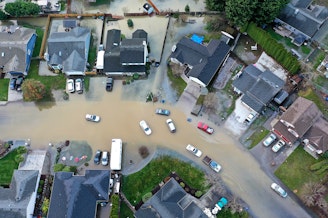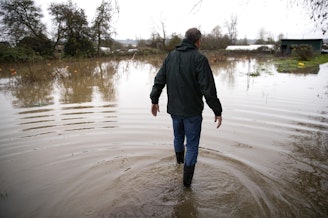Want an EV? Washington state offers $45 million in rebates

Washington state aims to make electric vehicles affordable for anyone who drives a car—not just the well-heeled consumers who tend to be early adopters of new technologies.
State officials announced $45 million in rebates on electric vehicles Tuesday, with the point-of-sale discounts to be available in August to people buying or leasing a more climate-friendly car, whether new or used.
RELATED: More than 20% of new cars purchased in Washington state are electric
The rebates—up to $9,000 for leasing an electric vehicle, $5,000 for buying a new one, and $2,500 for buying a used one—target lower-income drivers.
Washington residents earning up to $45,180 a year for a single person or $93,600 for family of four, are eligible. Those incomes are three times the U.S. poverty level, but still well below Washington state’s median incomes.
“Most of the rebates and incentive programs and tax incentives from the federal government lean towards supporting more affluent, wealthy communities and individuals that are able to make EVs a realistic option,” said Washington Department of Commerce Director Mike Fong.
Washington state car buyers have embraced electric vehicles more than in any state except California.
Sponsored
With more models coming on the market and various government and utility incentives available, electric-vehicle sales surged in Washington in 2023.
Since peaking at 27% of new-car sales in August 2023, electric vehicles’ share of new-car sales has been mostly falling. Washington electric-vehicle sales in March dropped below 20% of new-car sales for the first time since June 2023.
RELATED: Surge of new EV charging stations coming to Washington state
Gov. Jay Inslee said the state’s goal is to make climate-friendly cars accessible to as many people as humanly possible.
Sponsored
“Today we are democratizing EVs by giving a program to help more Washingtonians, thousands of Washingtonians, to finance these wonderful pieces of technology,” Inslee said.
The Washington Department of Commerce reports spending $120 million to put electric chargers in apartment buildings and low-income neighborhoods.
Currently, electric vehicles make up 3.5% of cars on Washington roadways, according to Washington Department of Licensing data. The vast majority of motor vehicles still send exhaust from petroleum fuels out their tailpipes, heating the planet and harming health in nearby communities. Transportation is the state’s leading source of climate-harming greenhouse gases.
While driving and manufacturing electric vehicles still have impacts on human health and the environment, battery-powered cars do much less planetary harm than cars with internal combustion engines, especially in Washington, where less than one-third of the state’s electricity is generated by burning fossil fuels.
Washington’s car rebates appear to have accelerated past the state’s rebate program for electric bikes, approved by the state Legislature in 2023. Some bikers have been impatiently waiting for those rebates after they were announced last year.
Sponsored
RELATED: Rolling toward Washington state — support for e-bikes
“It will likely take several more months before we can stand up the program,” Washington state Department of Transportation spokesperson Hannah Weinberger said of the state’s e-bike rebates in an email.
With $5 million in funding for rebates of $1,200 per bike for low-income residents and $300 for other residents, transportation officials estimate no more than about 6,000 people will be able to take advantage of the e-bike rebates.
“The number of rebates we can distribute within the available funding aren’t many compared to the number of eligible households in the state,” Weinberger said. “If people currently have the means to get an e-bike without the rebate, they should strongly consider not waiting given those odds, and to consider how much riding enjoyment they’d be missing out on in the meantime.”
“E-bikes are much more affordable than vehicles and are great for the type of trips that make up about 50% of trips that people take—3 miles or less,” Cascade Bicycle Club deputy director Vicky Clarke said.
Sponsored
The state of Colorado offered $250 to $1,100 e-bike rebates for low-income riders until funding ran out in February.
“Demand really outstripped supply, as I’m sure it will for the Washington program when it’s up and running,” Clarke said.




